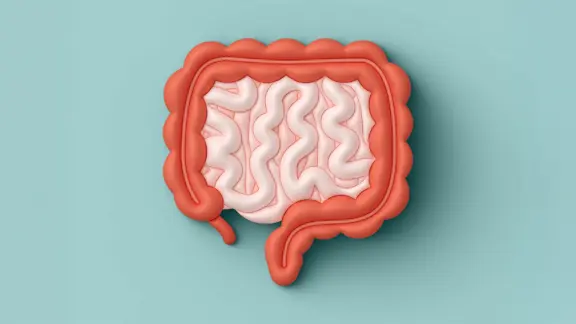Dysregulation of phospholipid metabolism in the ER can lead to ER stress, a condition that disrupts the endoplasmic reticulum in its vital role in protein folding. This leads to the accumulation of misfolded or unfolded proteins, proteins that are not biologically functional or even harmful to the cell.
Upon activation, the UPR aims to restore normal cell function by pausing protein synthesis, degrading misfolded proteins, and activating processes to support protein folding. If these goals are not achieved within a certain time span, the ER stress triggers apoptosis, programmed cell death.
The UPR comprises three highly specific signaling pathways, of which one is the ER stress sensor kinase IRE1α. The down-regulation of lipin-1 led to dysregulation of phospholipid metabolism in the ER, thus constantly activating the IRE1α signaling pathway and the UPR. Ultimately, the prolonged ER stress resulted in apoptosis and death of the breast cancer cells.
Read more here:
#UPR #ERstress #lipid #LipidMetabolism #lipidomics




